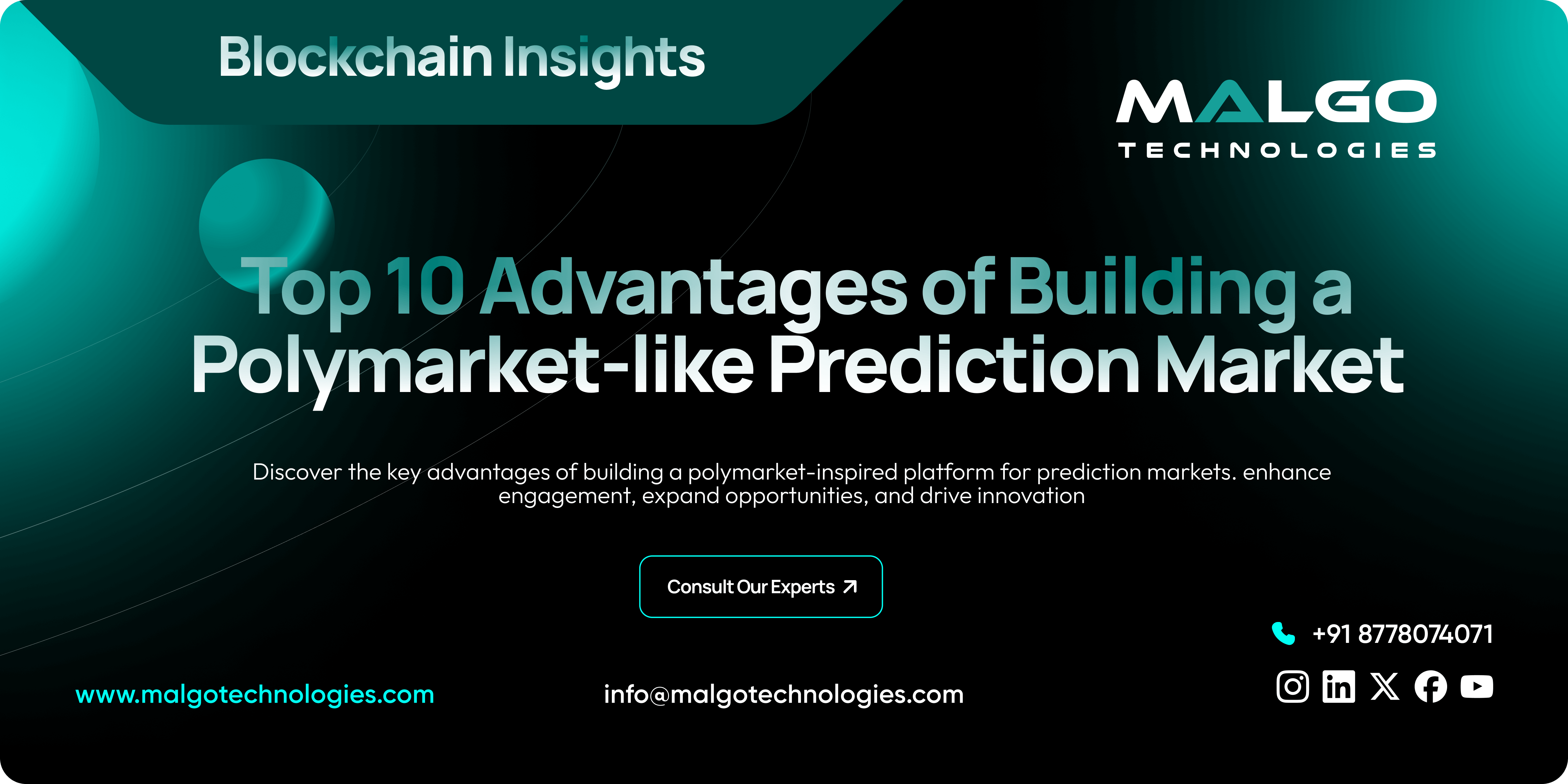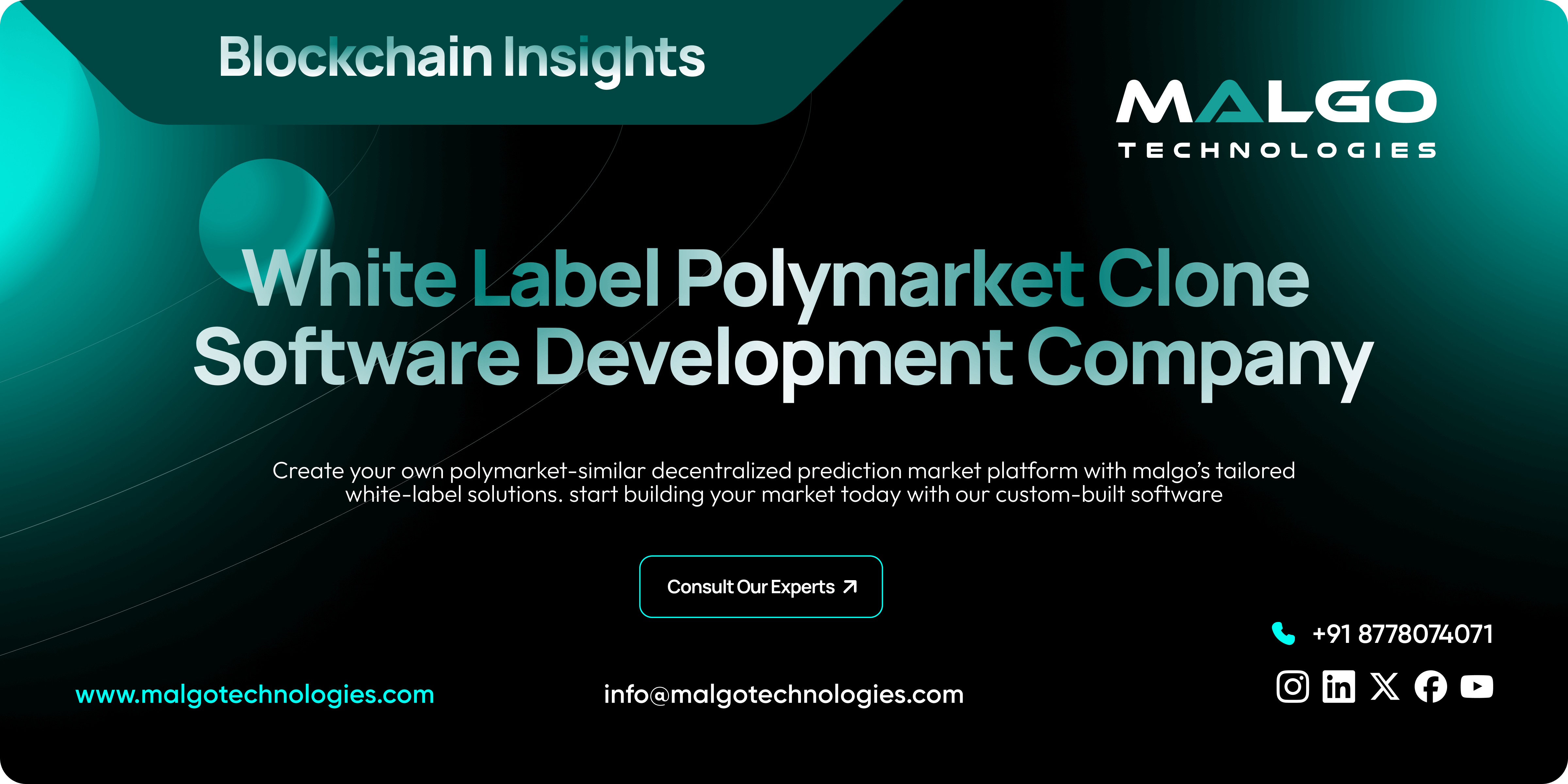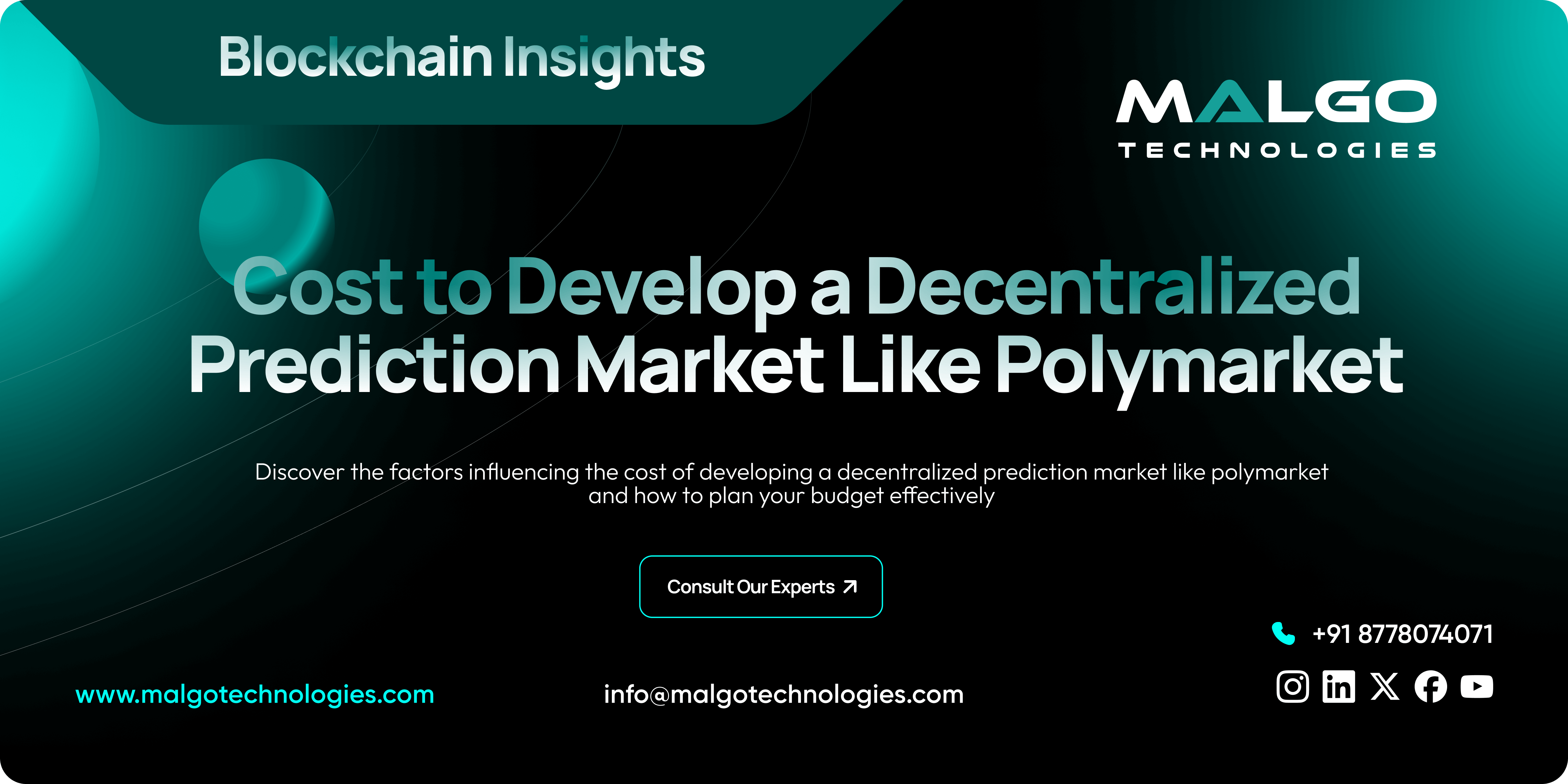The Rise of Prediction Markets
Prediction markets have emerged as an innovative tool for forecasting outcomes based on the collective wisdom of participants. Platforms like Polymarket allow users to wager on the outcome of real-world events, from elections to financial trends, creating an environment where speculation and data converge. As these platforms grow in popularity, many entrepreneurs are considering building similar platforms to capitalize on the rise of decentralized, user-driven decision-making. This blog will explore the top 10 advantages of creating a Polymarket-like prediction platform, shedding light on the potential benefits for both users and operators.
1. Diversified Revenue Streams
One of the primary advantages of building a prediction market platform is the potential for multiple revenue streams. These platforms often generate income through transaction fees, liquidity pools, and market-making services. By allowing users to bet on a wide range of topics, from politics to sports, the platform can diversify its offerings, attracting a broader user base. This diversification increases the platform's ability to earn revenue from various sources, ensuring long-term sustainability.
2. Enhanced Market Transparency
Transparency is a key feature that sets prediction platforms apart from traditional markets. Every transaction, bet, or trade on these platforms is publicly visible, ensuring that all participants have equal access to information. This transparency enhances trust among users, encouraging more participants to join and interact within the marketplace. The open nature of prediction markets also fosters accountability and reduces the potential for manipulation, which is crucial for creating a fair and credible platform.
3. Fostering Real-Time Insights
Prediction platforms provide real-time data on market movements and betting trends. This immediate feedback allows users to assess the likelihood of various outcomes, make quick decisions, and adjust their strategies accordingly. For platform operators, the constant flow of data helps refine the predictions made on the platform, creating valuable insights into public opinion and forecasting accuracy. This dynamic environment enables faster, more informed decision-making for all participants.
4. Democratization of Information
By enabling anyone to participate in predicting outcomes, a Polymarket-like platform democratizes access to information. Users from all walks of life can contribute to the collective intelligence, regardless of their expertise or background. This democratization allows for a more diverse range of insights, enriching the prediction process and providing a more accurate reflection of public sentiment. It levels the playing field, making forecasting accessible to everyone, not just experts.
5. Expanding Access to Alternative Investments
Prediction markets offer a unique opportunity for individuals to engage in alternative investment opportunities. Unlike traditional investments such as stocks or bonds, prediction platforms allow participants to invest in the probability of future events. These markets are often less correlated with traditional financial markets, providing users with the chance to diversify their investment portfolios. For those looking for ways to hedge risks or explore unconventional investment options, a prediction platform can be an attractive option.
6. Greater User Engagement
Building a prediction platform encourages active participation and engagement from users. With the ability to place bets, track outcomes, and watch their predictions unfold in real time, users are more likely to remain engaged with the platform. High levels of user interaction foster a sense of community and can lead to the creation of dedicated user groups or forums, enhancing the overall user experience. This continuous engagement contributes to the platform’s growth and retention.
7. Gamification and Behavioral Insights
The integration of gamification techniques into prediction platforms enhances user experience by adding an element of fun and competition. Participants are motivated to improve their predictions, compete against others, and gain rewards based on their accuracy. This creates a more interactive environment, where users are incentivized to keep coming back. Additionally, gamification provides valuable behavioral data that can help platform operators better understand user preferences and decision-making patterns.
8. Encouraging Knowledge Sharing
Prediction platforms often become hubs for knowledge sharing, where participants exchange tips, strategies, and insights about various events. This collaborative environment enhances the overall accuracy of predictions, as users learn from one another and refine their understanding of market trends. By fostering a community of knowledge-sharing, these platforms can improve both the accuracy of individual predictions and the platform's overall reliability.
9. Promoting Innovation in Forecasting
Prediction platforms push the boundaries of traditional forecasting methods. While traditional forecasting relies on statistical models and expert opinions, prediction markets enable real-time feedback and a more decentralized approach to forecasting. The constant interaction between users and market trends leads to the development of innovative forecasting techniques that can be applied to various industries, from politics to business strategy.
10. Scalability and Global Reach
A Polymarket-like prediction platform has the potential for significant scalability. As it grows in popularity, it can attract users from all over the world, allowing operators to tap into diverse markets and regions. The decentralized nature of prediction markets means that participants can engage from anywhere, breaking down geographical barriers and fostering a truly global community. With the right infrastructure and user base, such platforms have the potential to reach millions of users worldwide.
Maximize the Potential of Your Polymarket-like Prediction Platform
Building a Polymarket-like prediction platform offers numerous advantages, ranging from diversified revenue opportunities to fostering global engagement. By focusing on transparency, real-time insights, and user participation, these platforms are well-positioned to drive innovation in forecasting and market prediction. As the market for decentralized prediction platforms continues to grow, operators who seize these opportunities can establish themselves as leaders in the space, offering users new ways to engage, invest, and predict future outcomes.
How Malgo Fits into the Picture
Malgo excels in creating custom solutions for prediction platforms, aligning with all ten advantages discussed. Whether it’s implementing robust blockchain protocols, optimizing user experiences, or scaling for global audiences, Malgo specializes in delivering tailored solutions that maximize potential. By partnering with Malgo, you ensure your platform thrives in this competitive space.
Ready to take your prediction platform to the next level? Discover how Malgo can help you build a dynamic and profitable prediction market today!






